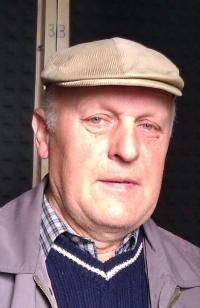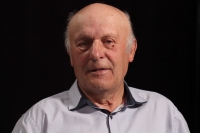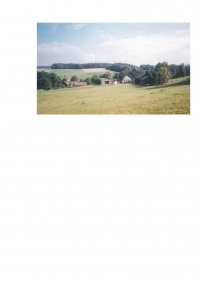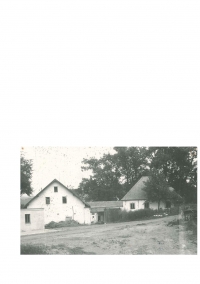My parents were literally heroes and they deserve admiration for what they have achieved

Download image
Jaroslav Hrdina was born on May 18, 1945 in the village Bystřec in the foothills of Orlické hory (Eagle Mountains). His parents had five little children and a small farm. After the communist coup d’état in February 1948 the authorities began forcing private farmers to join unified agricultural cooperatives. Jaroslav’s father was sentenced to a three-month prison term for having failed to meet the delivery quotas prescribed by the state. After his release, the whole family was evicted and forcibly relocated to the opposite part of the country to Hluboká nad Vltavou in southern Bohemia. Thirteen years later they managed to purchase a family house near Hradec Králové and they moved there, having now seven children. Jaroslav’s parents and Jaroslav himself have worked in agriculture for their entire lives, because Jaroslav and his siblings were not allowed to study at secondary schools or universities. Jaroslav Hrdina learnt the blacksmith’s trade and he worked in agricultural cooperatives in Boharyně and in Humburky near Nový Bydžov. His native farm in the village Bystřec was mostly torn down in the 1980s.



